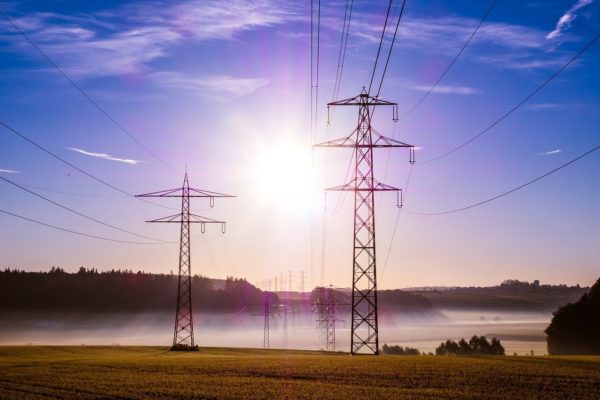On October 13, JERA, Japan’s largest power generation company (jointly owned by the Tokyo Electric Power Group and Chubu Electric Power Company), announced “Towards Zero CO2 Emissions in 2050.” This announcement included “JERA Zero CO2 Emissions 2050,” which “aims to achieve, by 2050, net zero CO2 emissions from JERA’s operations in Japan and overseas,” with the “JERA Zero CO2 Emissions 2050 Roadmap for its Business in Japan” and “JERA Environmental Target 2030 for its Business in Japan” to realize it. In particular, JERA announced they were committed to achieving the following goals by 2030:
・Shut down all inefficient (supercritical or less) coal power plants and conduct demonstration tests of mixed combustion with ammonia at high-efficiency (ultra-supercritical) coal power plants.
・Promote the development of renewable energy centered on offshore wind power projects and work to further improve the efficiency of LNG thermal power generation.
・Reduce carbon emission intensity of thermal power plants by 20% based on the long-term energy supply-demand outlook for FY 2030 as set by the government.
JERA is the largest thermal power generation company in Japan, and as shown in Japan Beyond Coal’s data, owns the most coal-fired power generation facilities among all of Japan’s domestic power generation companies. Therefore, JERA’s response can be considered a very important key to sharply reducing Japan’s domestic greenhouse gas emissions.
However, JBC’s partner organizations have made critical responses to this announcement. Kiko Network, in a press release on October 16th, pointed out that “Net zero in 2050 is an overall global target – but when it comes to thermal electricity generation, net zero must be achieved much sooner, and JERA’s policy is entirely inconsistent with the Paris Agreement. Indeed, this announcement also appears to be timed with the company’s first-ever issue of corporate bonds on October 22, so this can be perceived as creating some positive publicity to attract ESG investments.”
The press release made a number of points, including (1) this limited shut-down of inefficient coal-fired power was already planned; (2) to be consistent with the Paris Agreement, all coal-fired power must be retired by 2030, and no new units should start operation after 2020; (3) JERA’s Roadmap shows no signs of a concrete strategy for zero emissions from thermal (fossil fuel) power generation; (4) JERA’s carbon intensity targets may not require any additional effort from their current path; and (5) no strategy for the promotion of renewable energy was revealed.
No Coal Tokyo Bay also released a statement [Japanese] on October 16th that welcomed JERA’s announcement of “Zero CO2 Emissions 2050” but also harshly criticized JERA for not changing its plans to continue construction on coal-fired power units planning to start operation in 2023 and 2024 in Yokosuka, as well as pointing out that the climate crisis cannot be avoided by taking half-measures like using thermal power plants to co-fire fossil fuels with ammonia and hydrogen and gradually increase the co-firing rate.
A more thorough response from JERA is needed regarding approaches to realize net zero emissions.

